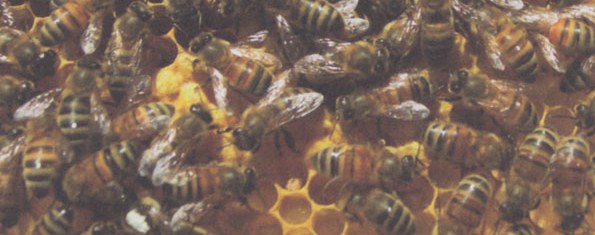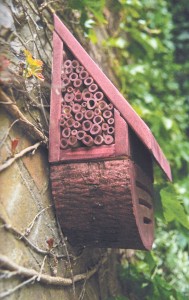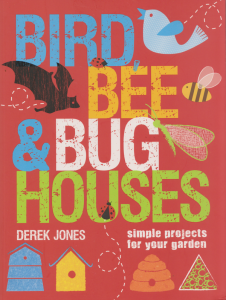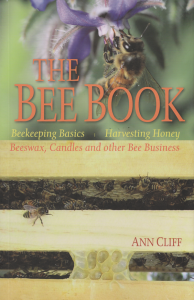What’s the buzz?
“The only reason for being a bee that I know of is to make honey…. And the only reason for making honey, is so as I can eat it.” – Winnie the Pooh.
Recently my neighbour dropped off some home-harvested honey. It was delicious and ran like liquid silk. While quietly eating crepes with honey, banana and cream, I started thinking about the possibility of keeping our own hive so I started doing some reading on the humble bee.
The first thing I found out was that – as delicious as the honey might be – Winnie the Pooh wasn’t completely correct.
The truth is bees do more than just make honey. About a third of our diet comes from insect-pollinated plants and honeybees are responsible for more than 80 per cent of the pollination. So without the bee, natural pollination would be greatly limited, our food production and supply in crisis.
There are many threats to bees: agricultural insecticides; extreme weather conditions such as drought and flood that affect flowering plants; pests and diseases afflicting bees; and Colony Collapse Disorder where bees just mysteriously disappear.
Building a hive is a great way that we can provide for bees in our own backyard and I’ve seen them on roof tops and under stairs. Be aware though, that beehives need management and there are government regulations and registration costs to beekeeping.
If you don’t want the bother of a hive there are still many positive things you can do in your garden to help protect and support bee colonies. Think about planting for bee forage. Bees have very good eyesight, a good sense of smell and short proboscises. Flowers aiming to attract bee pollinators usually have bright colours such as red, yellow and purple, are scented, accessible to bees and have nectar as a reward.
First consider endemic native flora, then think about other plants that do well in your area. Cosmos, daisies, apple trees, nasturtium, clovers, lavender and even cucumber are just some of the plants that will keep bees happy.
There are also great solitary bee houses to be made that provide protection from predators and extreme weather. I love the book Bird, Bee & Bug Houses by Derek Jones – it gives lovely ideas and ‘how to’ descriptions and photos for such bee houses.
Like most things in life, start out simple and if you want to start a hive, harvest your own honey and give bees a chance then there a numerous books, blogs and bee keeping groups that can give great advice and information. Another one is The Bee Book – Beekeeping Basics, Harvesting Honey, Beeswax, Candles and Other Bee Business by Ann Cliff.
Tags: animal care, bees, books, wildlife
Posted in Sustainability







Leave a Reply